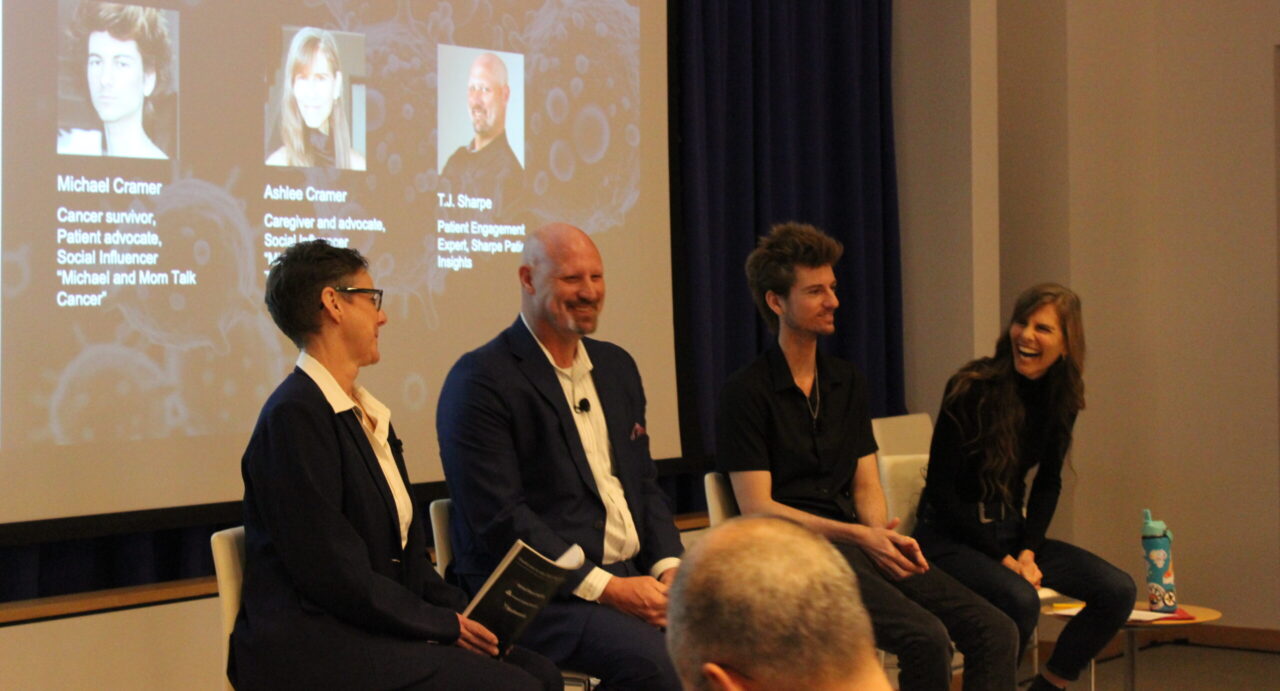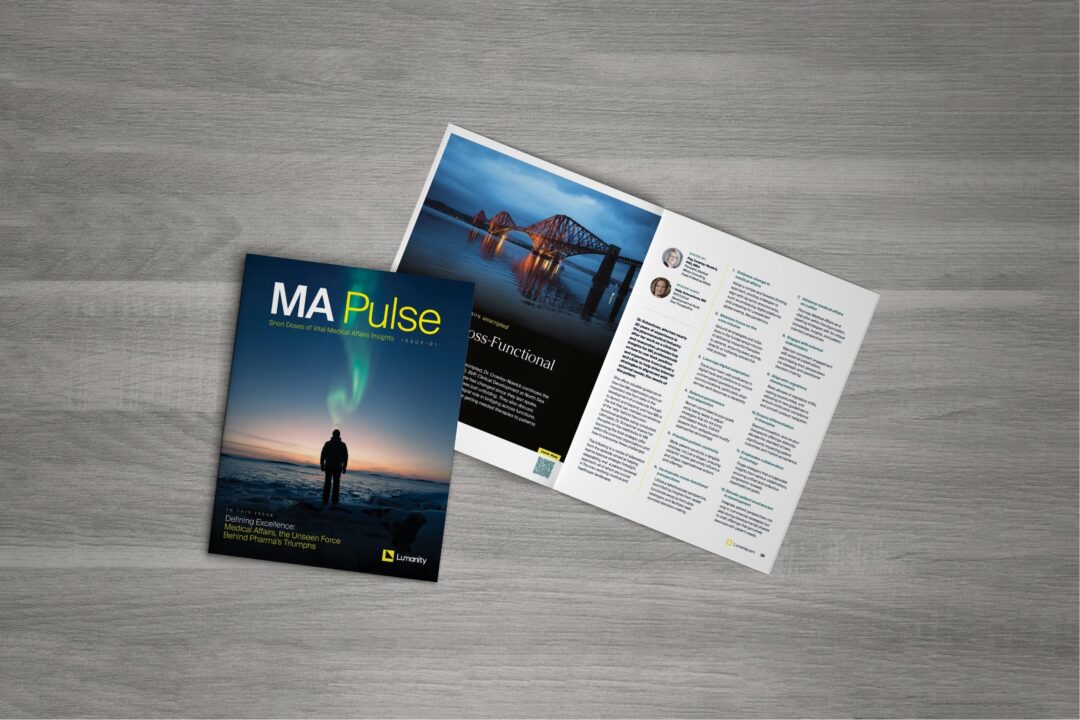Authored by BresMed, now part of Lumanity
On Monday last week, UK Health Secretary Matt Hancock announced to the House of Commons that the UK will be part of Project Orbis, joining Canada, the United States, Australia, Switzerland and Singapore.
Mr Hancock said: ‘As we leave the EU, I want to use the opportunity to improve how quickly we get new drugs to patients here. Project Orbis will allow international regulators to work together to review and improve the next generation of cancer treatments faster. This means pharmaceutical companies can submit treatments to be reviewed by several countries at the same time. This is so we can cooperate with the best medical operators in the world and make approvals quicker so we can get patients the fastest possible access to new drugs.’
Aligning the National Institute for Health and Care Excellence (NICE)’s draft guidance publication with European Medicines Agency (EMA) regulatory approval has already resulted in manufacturers needing to accelerate their global and UK health economics and outcomes research (HEOR) evidence generation efforts. This need will become even more acute if the UK government’s bold announcement to align regulatory timelines with the US Food and Drug Administration (FDA) goes ahead.
A significant proportion of oncology drugs go through the FDA accelerated approval route (46% in 2016–2019), meaning that in some cases, approval may well be granted in advance of trial publication and considerably earlier than approval through the EMA (6 months or more). This will likely result in a need to produce submissions with less data and in less time. It may also lead to even greater use of mechanisms such as the Cancer Drugs Fund (CDF) to manage the resulting risks.
For biopharma manufacturers, preparing and training cross-functional teams across global, regional and affiliate offices will be critical for identifying the necessary steps for meeting health technology assessment (HTA) needs on time.
We recommend that for technologies in development, global headquarters work closely with their UK affiliates to:
- Identify anticipated NICE submission timelines that would enable NICE to announce its initial decision at the same time as the FDA
- Plan global HEOR workstreams in order to produce easily adaptable deliverables in time to meet these accelerated timelines
- Where absolutely necessary, predict where managed entry agreements via the CDF and the anticipated Innovative Drugs Fund may be required











